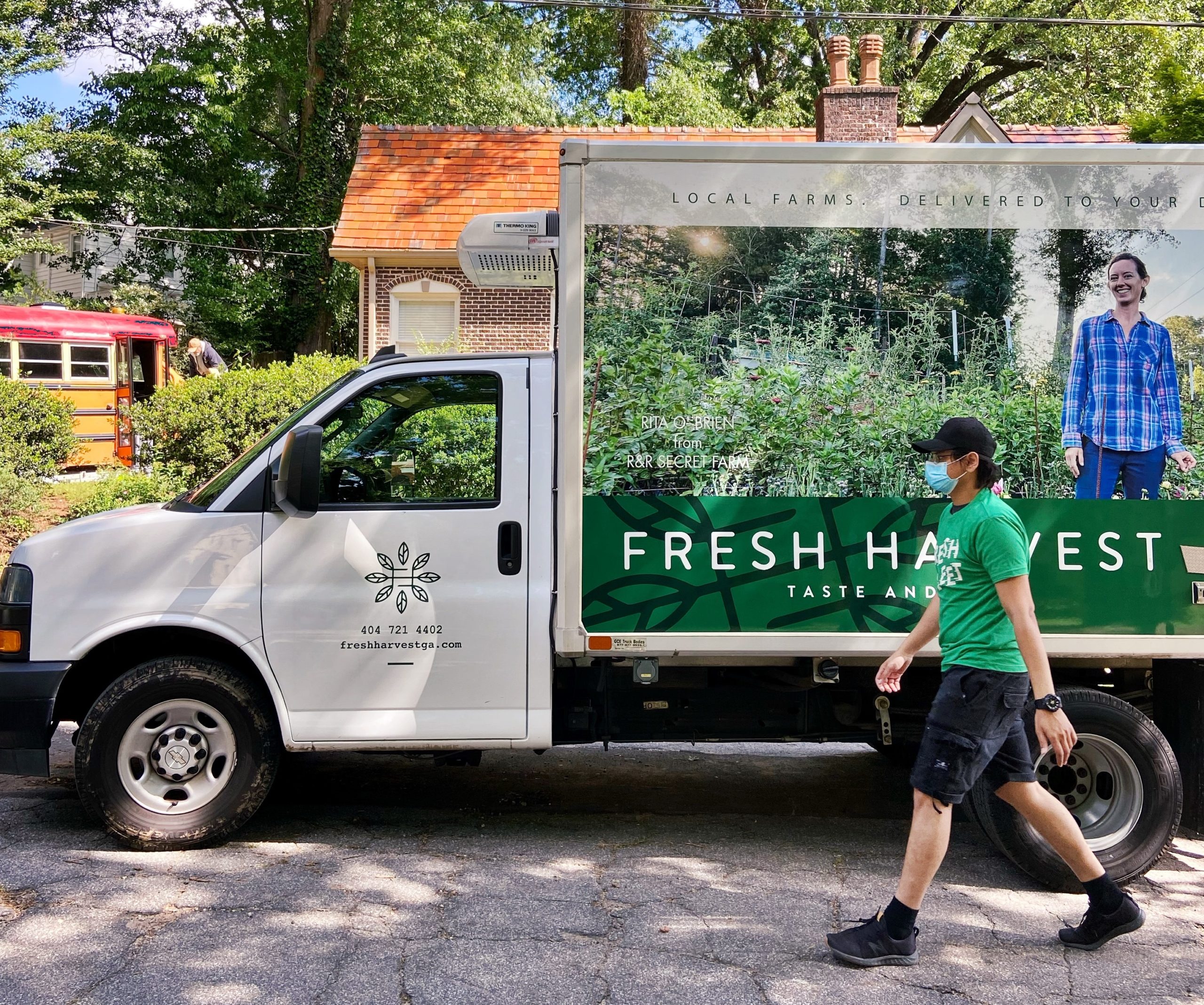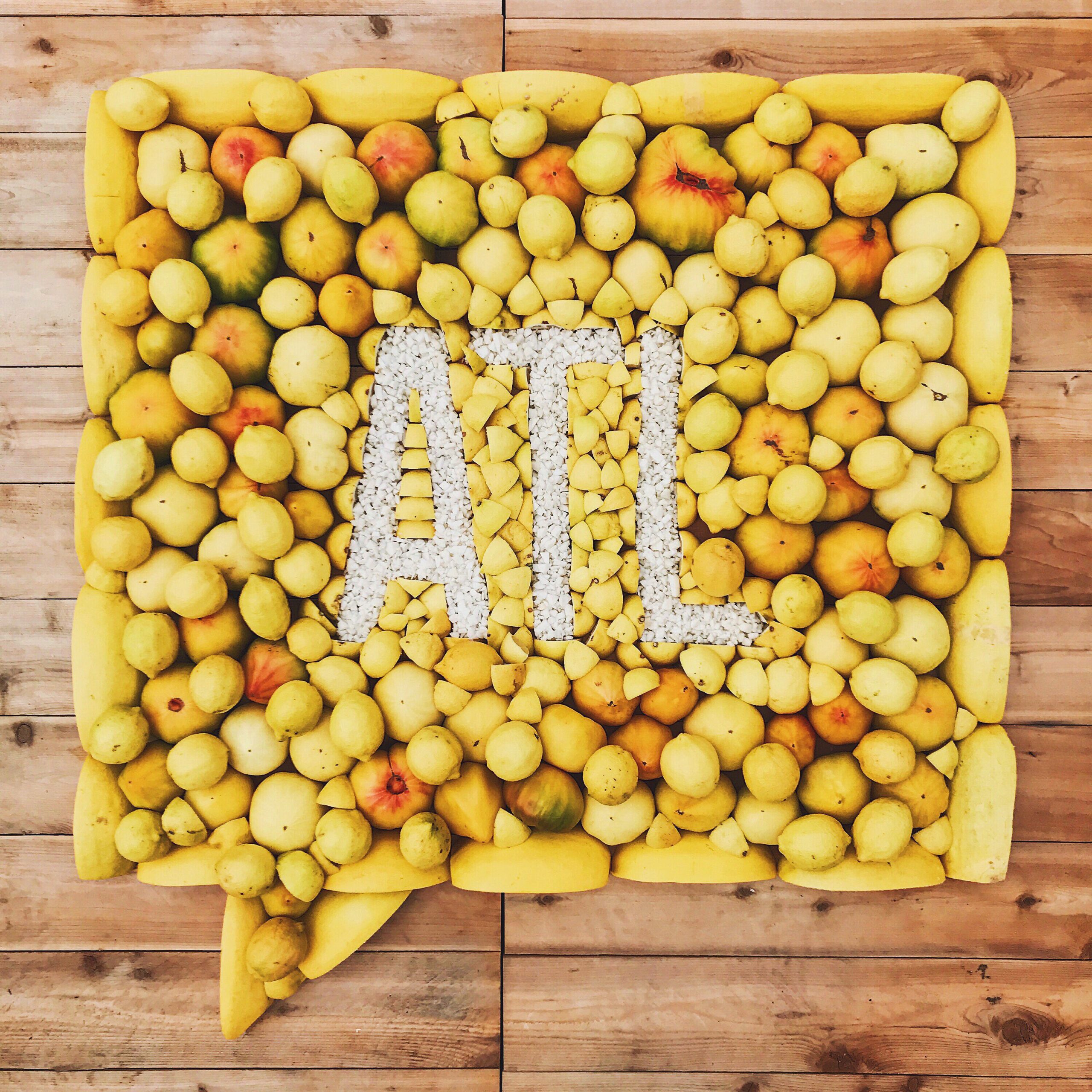You may have heard us mentioning some of our farmers “resting their land” or “cover cropping”. If you’re like me, upon first hearing this, you might ask, “What is that, and how does it benefit farmers to forgo crops and potential revenue?”
In order to answer this, we have to momentarily let go of our laser-focus on efficiency. When thinking about soil as a farm’s most valuable asset, we must consider the holistic approach of thinking through seasons, cycles, and generations into the future, potentially sacrificing the short term for the long term benefit.
This is not a new concept, but dates back to ancient Isreal. The idea is that if you have healthy soil, you’ll have healthy soil life, which will contribute to a healthy diversity of edible plants.
The beautiful thing about our earth is that it naturally restores itself. Planting the right things over depleted soil can actually restore the soil, without chemicals or pesticides. Cover cropping is the process of planting a crop with little or no yield for the primary purpose of restoring nitrogen to the soil. A common technique among organic farmers, cover cropping resets the natural balance of organic nutrients, carbon and nitrogen, while also reducing pests.
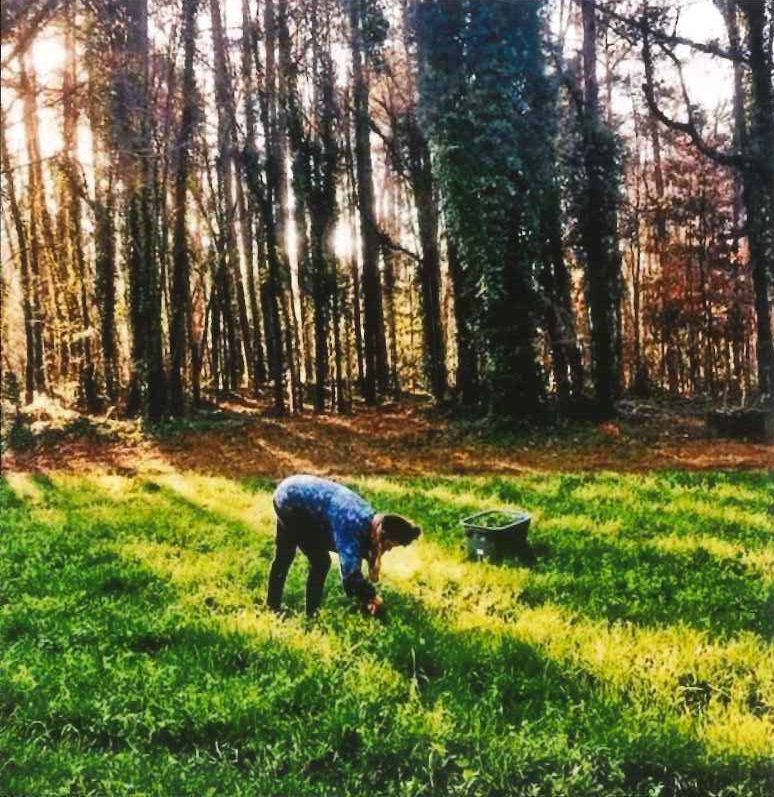
Not only does this contribute to a better harvest in subsequent farming seasons, but it also lends a substantial contribution to restoring carbon levels in the atmosphere. Michael Pollan and Debbie Baker explain in their article on restorative farming how resting land actually saves water: “Agriculture accounts for a whopping 70 percent of all water consumption. That’s in large part because degraded soil doesn’t absorb water efficiently. Instead, water sits on top of the ground and runs off (along with farm chemicals) into nearby waterways, creating toxic nitrogen ‘dead zones.’” So, the short-term sacrifice of output actually results in a significantly more efficient use of natural resources over time.
Just for fun, I’ll take it one step further, and say that we humans are probably more like this land than we’d like to think. Like the land, we too need rest. Have you ever noticed how much more productive you can be after a good vacation, or a truly relaxing weekend? Not only are you more productive, but likely, you are more WELL.
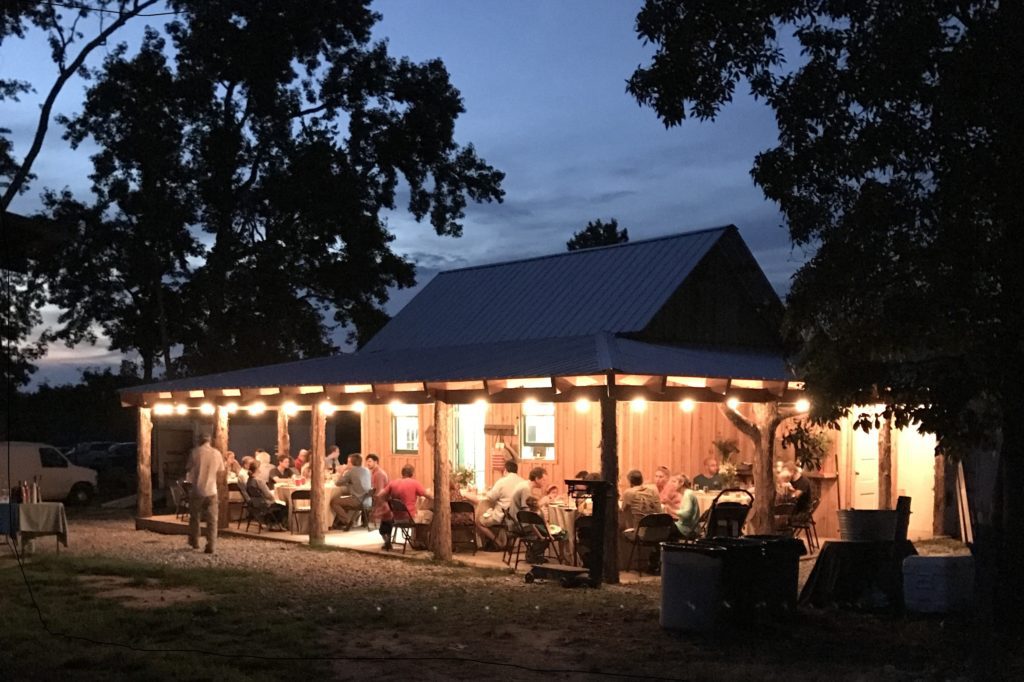
This idea of forgoing productivity is hard for many of us, myself included, to comprehend in a society that is so driven by results and numbers and quarterly earnings. But these farmers are really on to something. Have you ever seen the difference in the produce from good hearty earthy soil and from soil that has been depleted, artificially fertilized, and usurped some more?
We work with some of Georgia’s best farmers – people who live this year in and year out. Thomas from Signal Mountain farm rests his land every winter.
He takes this time to travel the world and learn “new” farming techniques from different cultures and regions. And if you’ve ever had one of Thomas’s heirloom tomatoes in the summer, you know that he is doing something totally right.
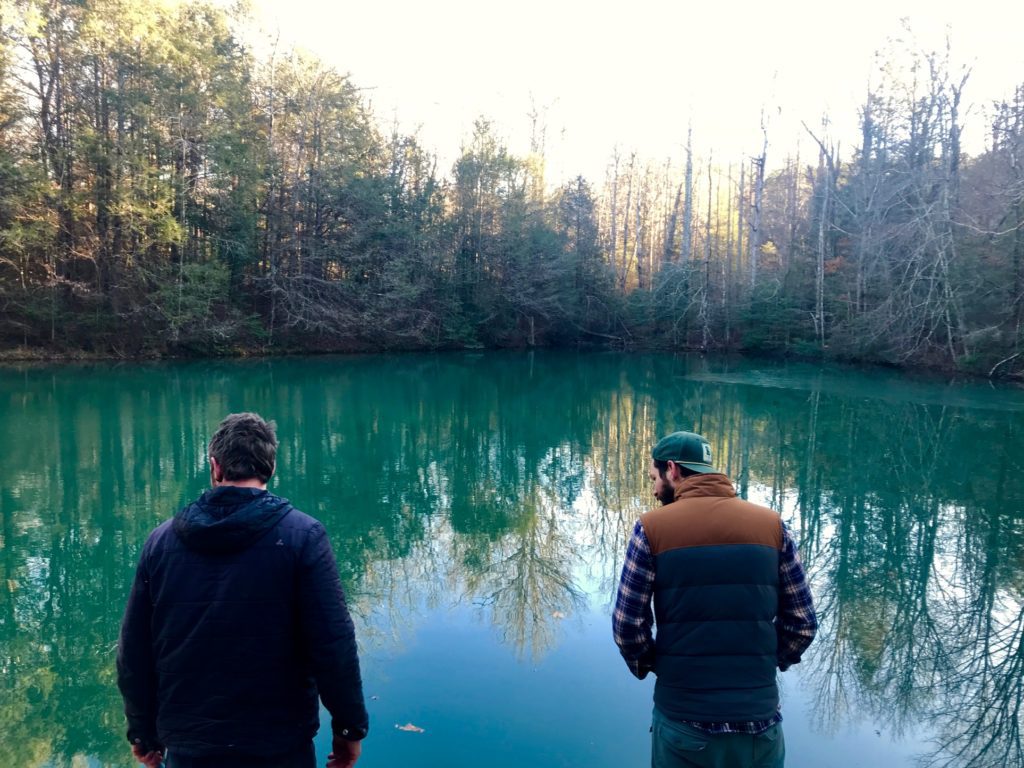
Fry Farm rests portions of their land for a season at a time. Basically, they do this to cut down on harmful pests, which build up over time. Matt Fry explains, “It’s a tough decision as a responsible farmer, but periodically letting the land ‘rest’ helps break the breeding cycles of insect pests and allows time to amend the soil. Even though it seems like a loss in revenue in the short term, sustainable farming without the use of synthetic chemicals is always worth it in the long run.”
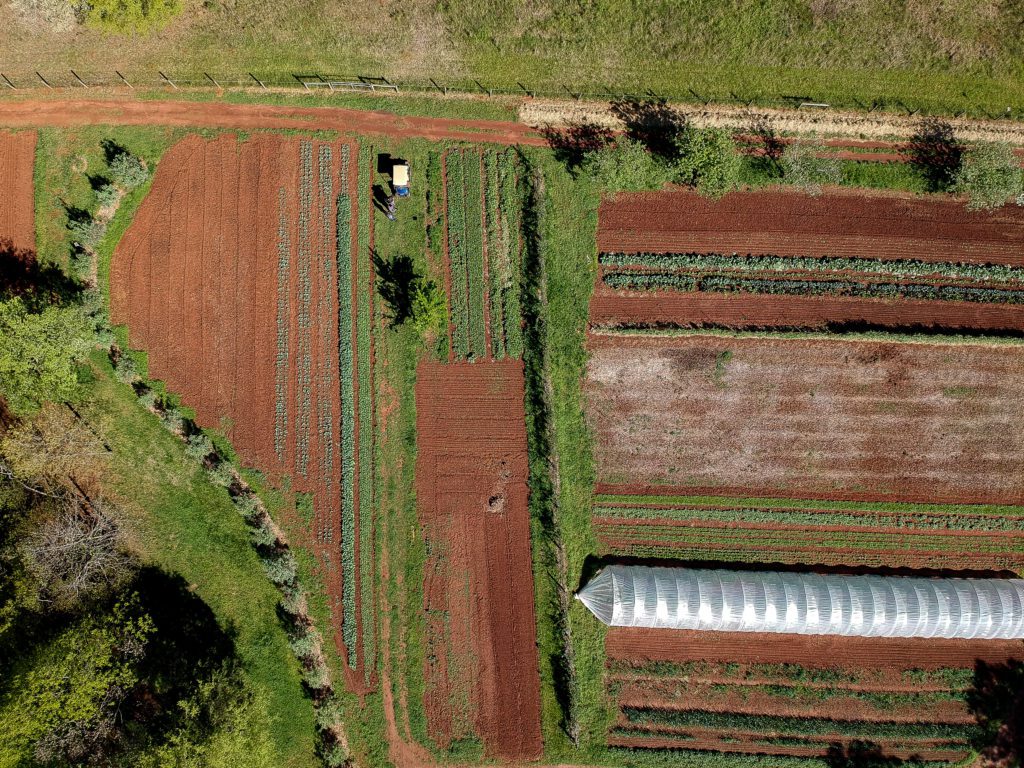
We are grateful to our growers for choosing to trust the restorative process of rest above the idea of constantly maximizing yield at any cost. They are an example to us in many ways! May we learn something from these folks, while enjoying their harvests.

